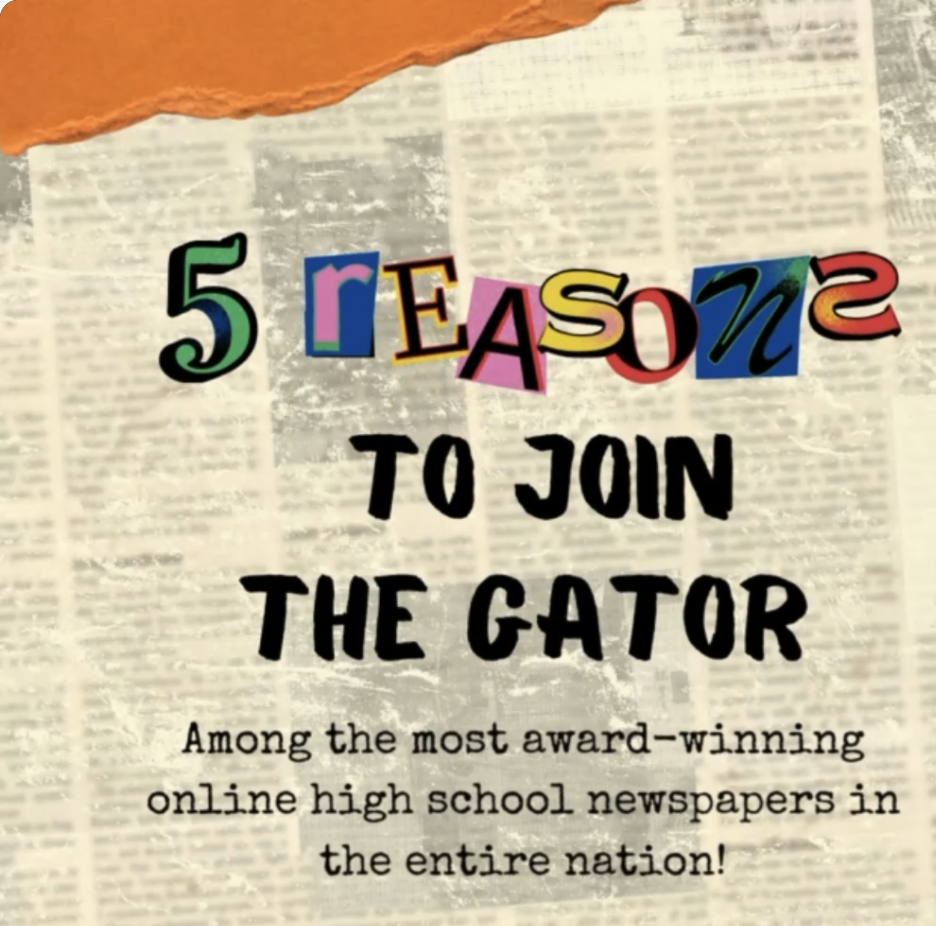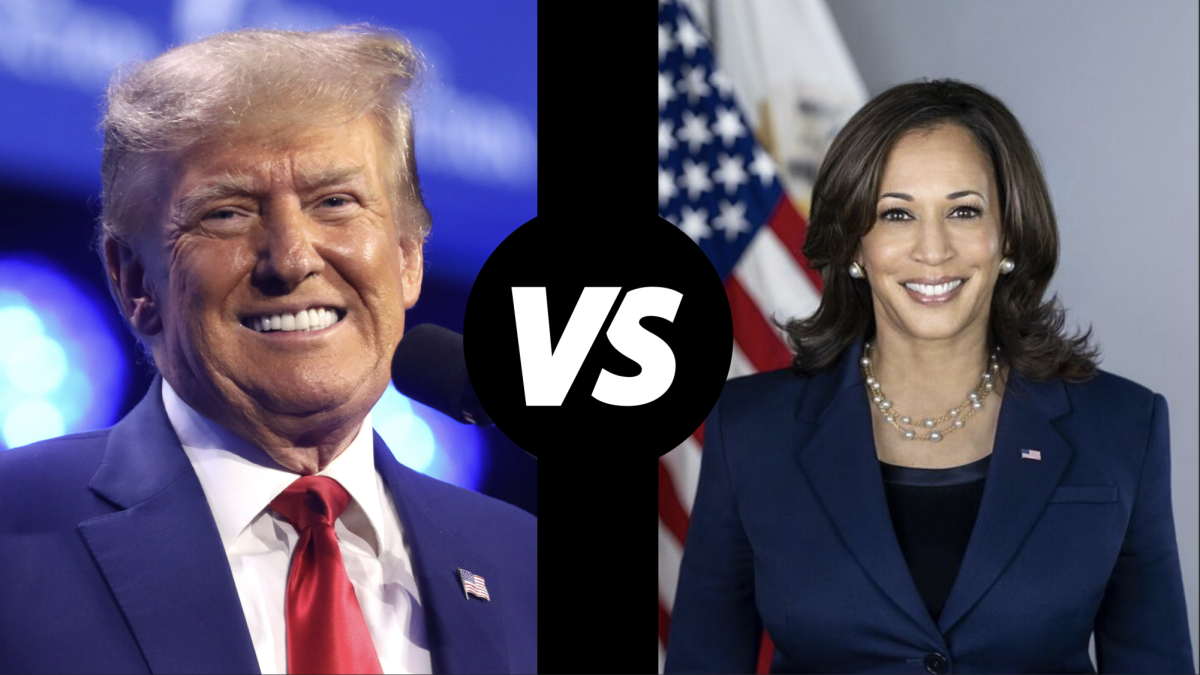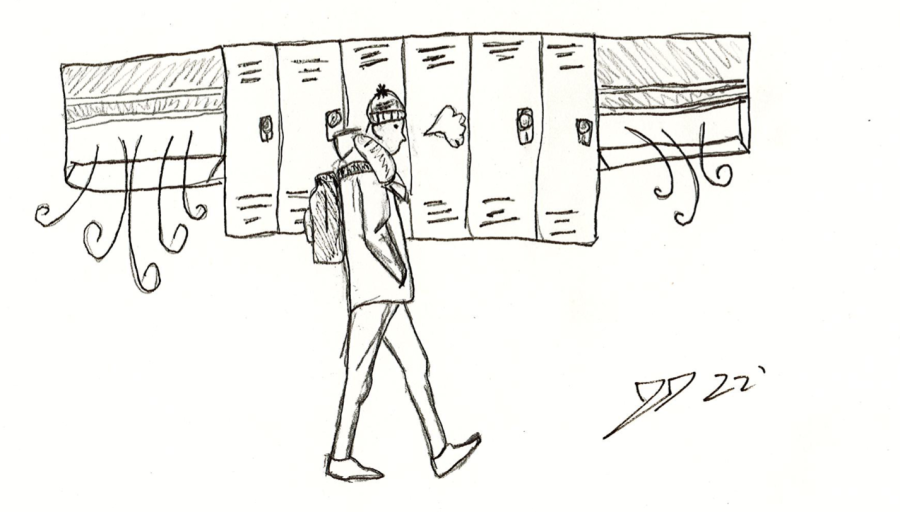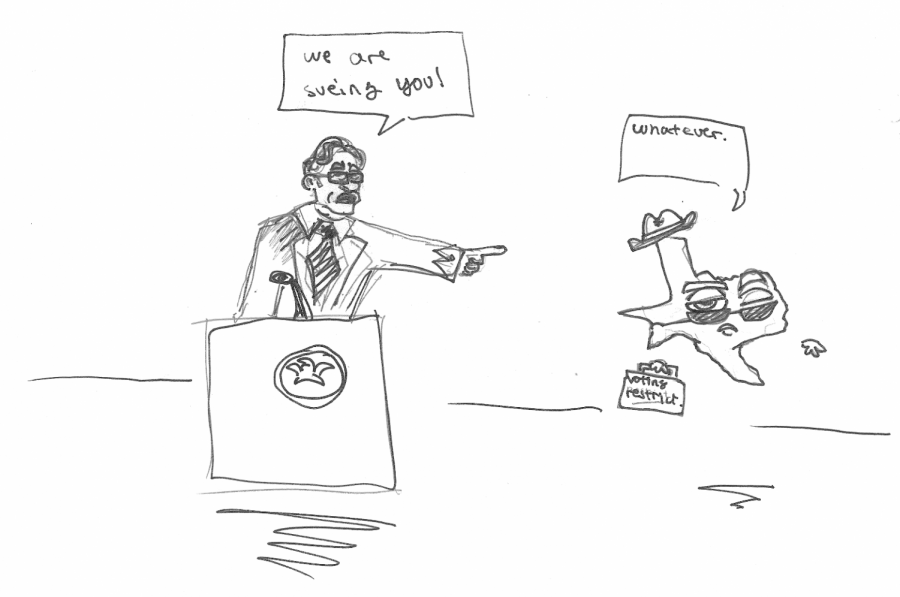
Over the summer, I had the opportunity to travel to China through the School’s entrepreneurial and cultural exchange program. I met executives at Alibaba, ZF Tacs, and other major companies. While there, I was able to learn about how Chinese business operates and the ways in which businesses in China impact those in the United States.
What I learned has become more important in light of the recent trade regulations with China. These regulations are economically harmful to both the United States and China. Trade between the two countries is not only beneficial to these two nations, but also to the world economy as a whole.
China, with its massive population and huge number of factories, is the production capital of the world. In large part due to production capability and low minimum wage, China is able to produce goods and parts more cheaply and efficiently than the United States.
With all the issues facing the world today, cooperation between two of the most powerful nations is necessary.
The Chinese company ZF Tacs produces car parts for manufacturers such as Nissan, Acura, and General Motors. These companies save money through purchasing parts from ZF Tacs. However, the recent trade regulations prevent American car companies such as General Motors from purchasing car parts from Chinese suppliers, increasing the cost of manufacturing cars within the United States.
Such a cost increase will drive up the retail prices of cars produced domestically, and Americans will pay the price.
If the regulations continue, national car companies, as well as other companies that rely on Chinese manufacturing, will be more likely to outsource their production to other countries. Instead of bringing jobs to the United States, the tariffs will merely cause companies to relocate their production to another country where labor costs are low and they can produce their goods cheaply.
To make matters worse, the tariffs levied against China last month, which totaled at $200 billion, have already provoked retaliatory tariffs from the Chinese government, taxing over 5,000 United States imports and totaling over $60 billion.
If economic tensions continue to rise and escalate into a trade war, the tariffs against American products will only increase, causing companies to lose millions of potential customers in China. While they may help some American companies be more competitive domestically, the lack of competition from Chinese firms will allow these same United States firms to charge higher prices to consumers than they would otherwise.
A main objective of the tariffs is to break the Chinese trade practices that the U.S. considers unfair. These policies include currency manipulation and the required technology transfer for American companies operating in China.
A better solution to these issues would be to take China to the negotiating table to try to come to an agreement. This game of economical chicken the Trump Administration is playing with Beijing will more likely than not put more of a strain on the relationship between the two nations. In turn, the Chinese government will be less likely to meet the United States’ demands and may retaliate with economic and political action targeting the United States.
In addition to being economically destructive, the trade war could potentially pose dire political consequences for China, the United States, and the world as a whole. A recent Wall Street Journal article describes how United States-China relations are beginning to resemble those between the United States and the Soviet Union during the Cold War.
Not only would a “Cold War” with China be disastrous for the American economy; it would also destabilize a world that is already teetering on the brink of political crisis. North Korea, a rogue state with a mercurial dictator, now has nuclear weapons. The world is facing the worst refugee crisis on record with over 68.5 million forcibly displaced people around the world.
Two of the most powerful nations in the world engaging in some sort of a conflict would make addressing issues including the refugee crisis all the more difficult.
Not only would a ‘Cold War’ with China be disastrous for the American economy; it would also destabilize a world that is already teetering on the brink of political crisis.
Many of the problems facing the world today can be traced back to the Cold War. In fact, communist North Korea was created by the Soviet Union to try to give their form of government more traction in Northeast Asia. The Taliban was armed by the United States with advanced weaponry to prevent the Soviets from taking control of Afghanistan. Ever since the Soviet- Afghan war ended, the Taliban have wreaked havoc throughout Afghanistan and prevented the nation from developing.
A Cold War with China will undoubtedly create more such issues while also diverting the world’s attention away from already existing problems, such as the aforementioned refugee crisis.
Although the U.S. and China have conflicting ideologies, both countries benefit from trade and relations with the other. The aggressive approach to Chinese policy reduces this benefit to next to nothing and makes cordial relations between the two nations less likely in the future. With all the issues facing the world today, cooperation between two of the most powerful nations is necessary.





























































